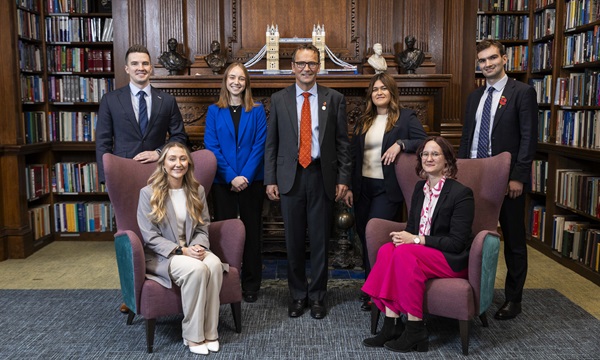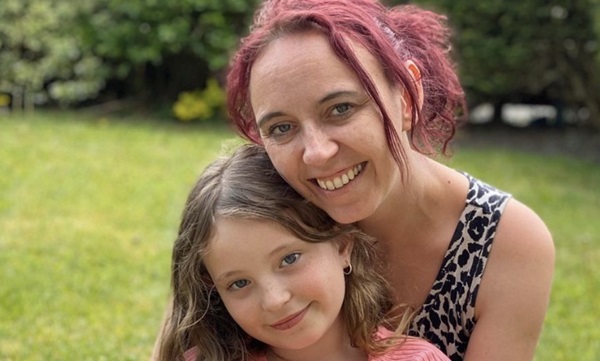Academics at UWTSD’s Centre for Education are presenting their research at the British Educational Research Association (BERA) annual conference in Manchester.
BERA, which is celebrating its 50th anniversary this year, is the leading authority on educational research in the UK, supporting and representing the community of scholars, practitioners and everyone engaged in and with educational research both nationally and internationally.
Dr Jane Waters-Davies, Dr Gareth Evans, Dr Sonny Singh, Elaine Sharpling, Nanna Ryder and Dr Alison Murphy will be presenting the range of education research undertaken at the University.
Dr Jane Waters-Davies and Dr Alison Murphy will present their work as part of the symposium considering the school as a civic institution. Their presentations are part of an ongoing Economic and Social Research Council (ESRC) funded project: Children’s Participation in Schools in collaboration with Cardiff Metropolitan University, Swansea University and UWE and is the only project in the current Education Research Programme to have its research activity in Wales.
The project investigates the ‘golden thread’ running from legislation and policy rhetoric, through teacher education and pedagogical approaches in classrooms, to children’s lived experiences of their participative rights.
Dr Waters-Davies’ presentation is entitled “Human Rights Education: Teachers’ perceptions about the value of children’s participation”. Dr Alison Murphy will report on the findings from the legislative and policy analysis as well as a survey of initial teacher education providers in her presentation, entitled “Embedding children’s participative rights in primary schools in Wales: an analysis of legislation, policy and the role of Initial Teacher Education”.
Both Dr Gareth Evans and Dr Sonny Singh will explore the early evolution of Wales’ new national curriculum in their presentation, “Building coherence in a sea of change: Exploring the early implementation of Curriculum for Wales”.
The presentation draws on Dr Evans’ paper on the early implementation of Curriculum for Wales, and the ongoing work of Camau i’r Dyfodol (Steps to the Future), a three-year project funded by the Welsh Government and led by researchers at UWTSD and University of Glasgow. The project, now in its third year, seeks to support curriculum implementation through a process of co-construction involving stakeholders from across the various levels of Wales’ education system. Its principal aim is to build a shared understanding of progression in learning, that is true to and ‘fits’ within the loose curriculum framework available to practitioners.
Nanna Ryder will contribute to the Conference theme of Transformative Education: Embedding Change, Innovation, and Wellbeing in Curricula. Her work, with Dr Kara Makara of the University of Glasgow, provides an international comparative analysis of curricula in health and wellbeing in seven countries/regions. Although evidence is limited regarding how different countries structure their curriculum to support learning across health and wellbeing, which broadly encompassing physical, social, spiritual, and emotional aspects, their analysis highlights different approaches to help guide national curriculum development.
Elaine Sharplin’s presentation is entitled “Policy Discourse and Teacher Agency across the UK and Ireland: Compliment or Conflict?” and draws together different policy perspectives from the UK and Ireland to consider teacher agency as the teacher’s ‘capacity to make choices, take principled action, and enact change’ and looks at how the context of each nation plays its part. Their findings suggest that there is a discourse continuum on teacher education which moves from a reflective professionalism in Ireland, North and South, where there is a strong emphasis on the importance of values and ethics; through to a monitored professionalism in Scotland and Wales, reflecting a concern for stronger, centralised control; to a prescriptive professionalism in England where centralisation and control have become the hallmarks of teacher education policy.







